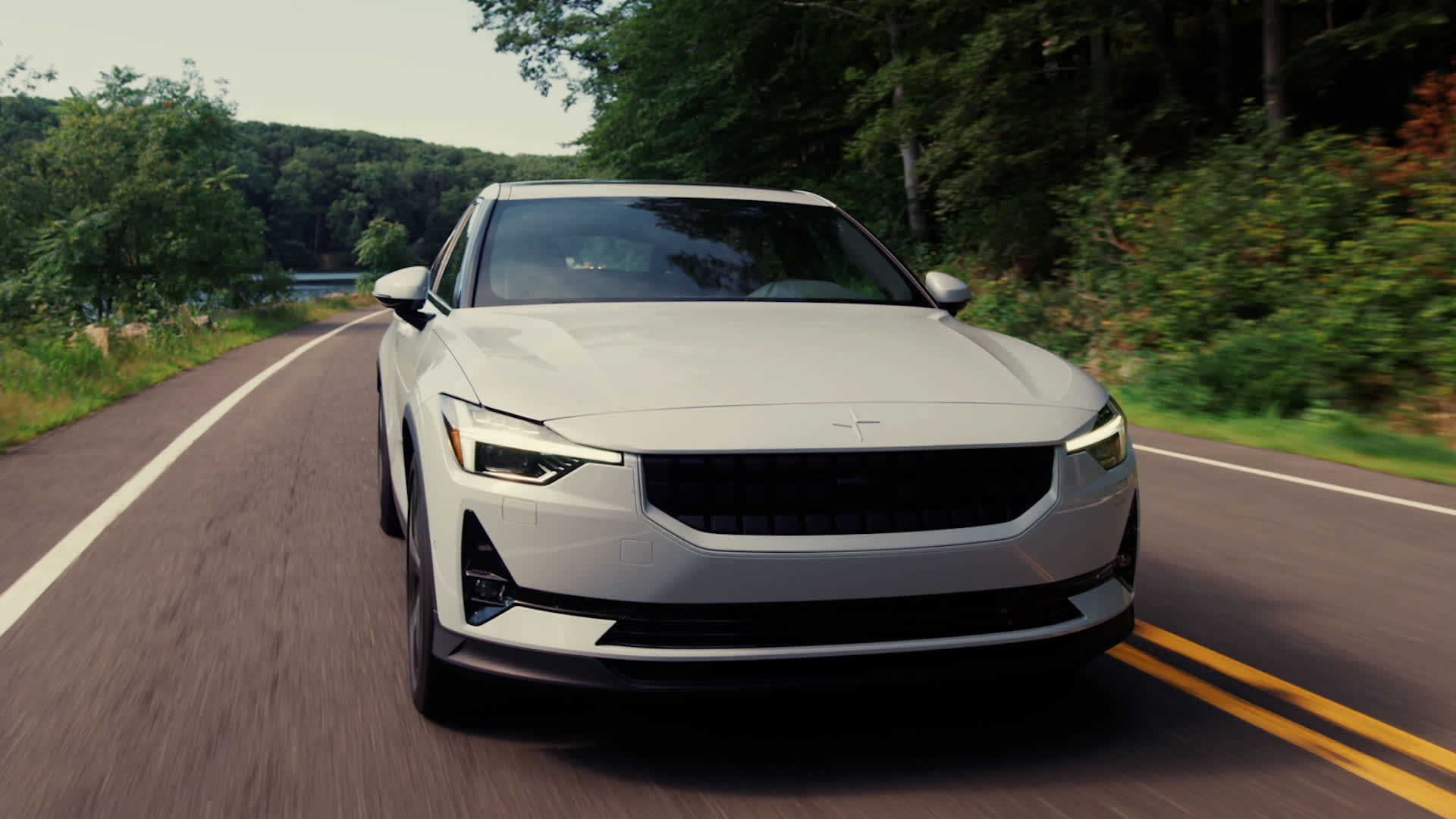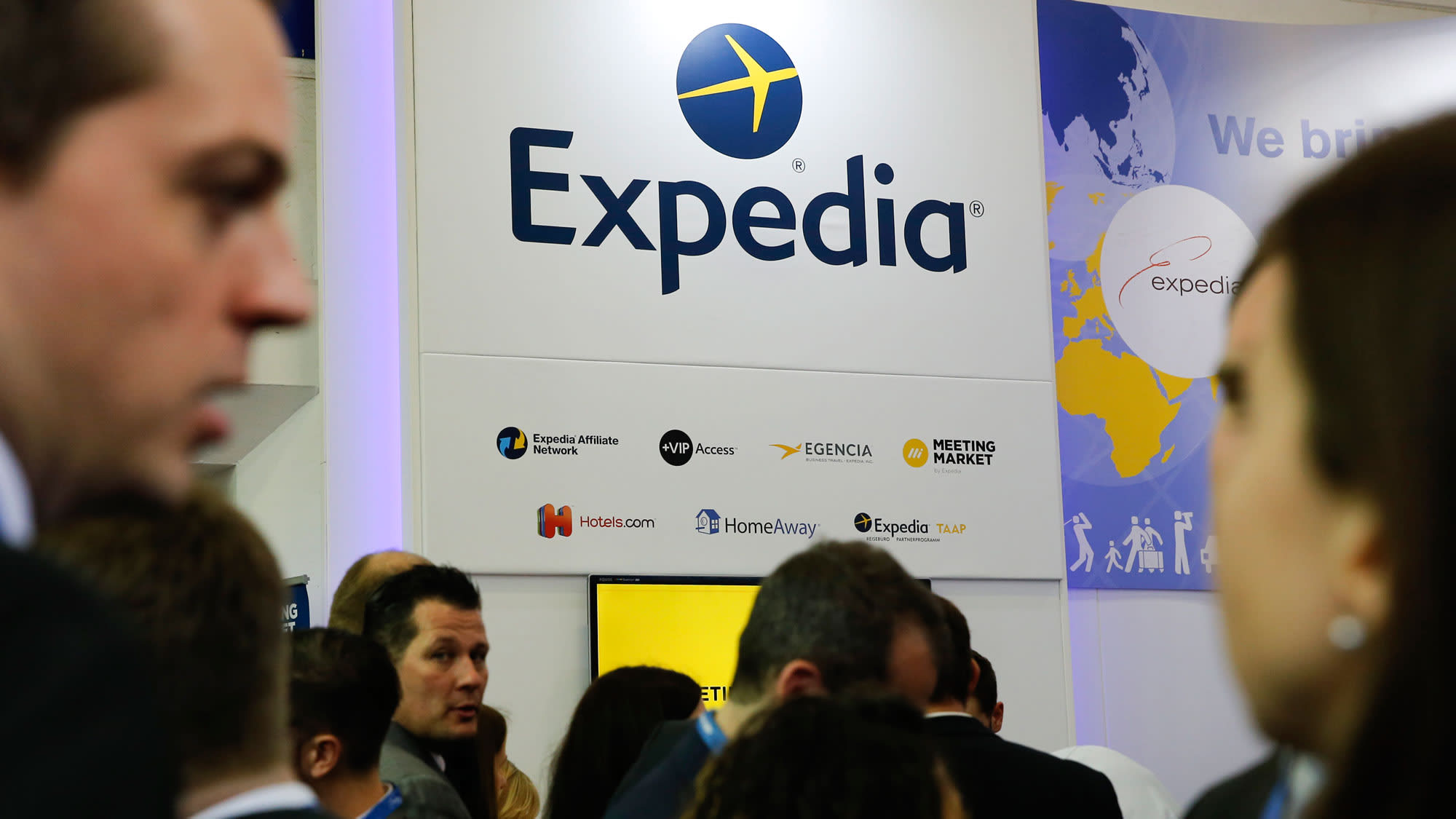Polestar cuts annual losses in half as it ramps up EV production
Polestar's relatively positive results come after other EV startups like Lucid, Nikola and Rivian reported ongoing problems with supply chains and production.

Polestar 3
Courtesy: Polestar
Swedish electric vehicle maker Polestar cut its annual net losses in half last year, while revenue surged and it attempted to set itself apart from other EV startups.
The company on Thursday reported an 84% increase in revenue for 2022 to roughly $2.5 billion as it exceeded a 50,000-vehicle delivery target. Its net loss for the year fell to $466 million from more than $1 billion in 2021. Its adjusted operating loss narrowed by 8% to $914 million, while its adjusted earnings before interest and taxes, depreciation and amortization increased 4.8% to $759 million.
CEO Thomas Ingenlath described the company's 2022 performance as the groundwork for a "different phase" in the automaker's growth as it aims to increase deliveries by nearly 60% to approximately 80,000 cars.
The majority of that increase will come from an updated Polestar 2 EV, according to Ingenlath. The company is releasing two new EVs this year – Polestar 3 and Polestar 4 – that are expected to hit their production strides in 2024.
"It's an exciting year for us in terms of changing the company to not only having one product but three at the end of the time," Ingenlath told CNBC during a video interview.
For 2023, Polestar expects gross margin be "broadly in line" with the 4.9% it reported for 2022, "with volume and product mix supporting margin progression later in the year."
The company improved its cash position to $973.9 million to end last year, up about 29% from a year earlier. CFO Johan Malmqvist said the company continues to explore potential equity or debt offerings to raise additional capital to fund operations and business growth.
Malmqvist declined to comment on when the company expects to breakeven or turn a profit, saying "We remain confident in the fundamentals of our business, so we have the levers and the building blocks to get to breakeven."
Polestar's relatively positive results come after other EV startups like Lucid, Nikola and Rivian reported ongoing problems with supply chains and production, causing them to miss production or sales targets.
Polestar is a joint venture between Sweden's Volvo Cars and its parent company, China-based Geely. Polestar went public via a merger with a special purpose acquisition company in June.
Since going public, shares of Polestar are off about 49%. The stock fell more than 5% Wednesday, closing at $5.05 a share.

 JaneWalter
JaneWalter 




























![Are You Still Optimizing for Rankings? AI Search May Not Care. [Webinar] via @sejournal, @hethr_campbell](https://www.searchenginejournal.com/wp-content/uploads/2025/06/1-1-307.png)



